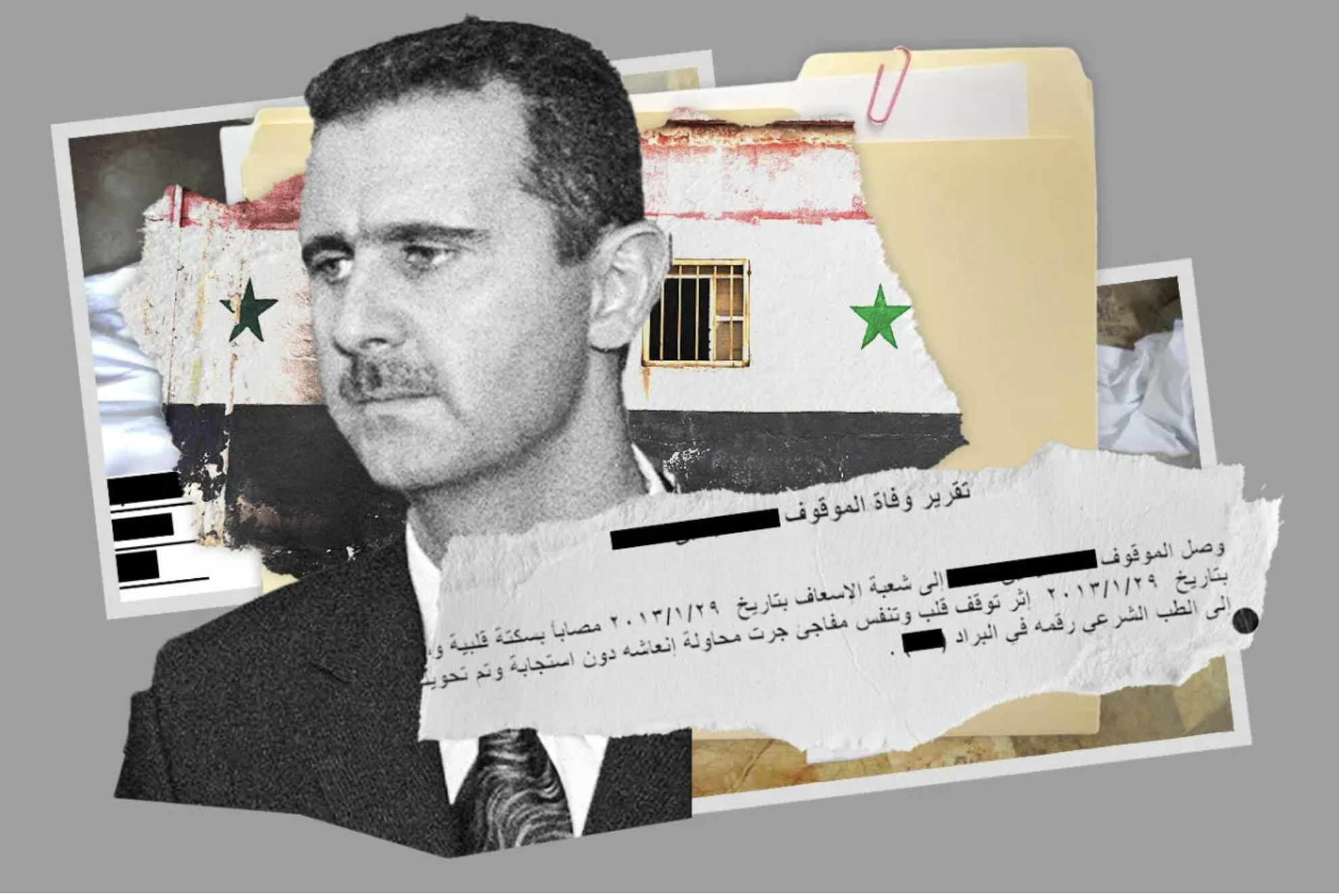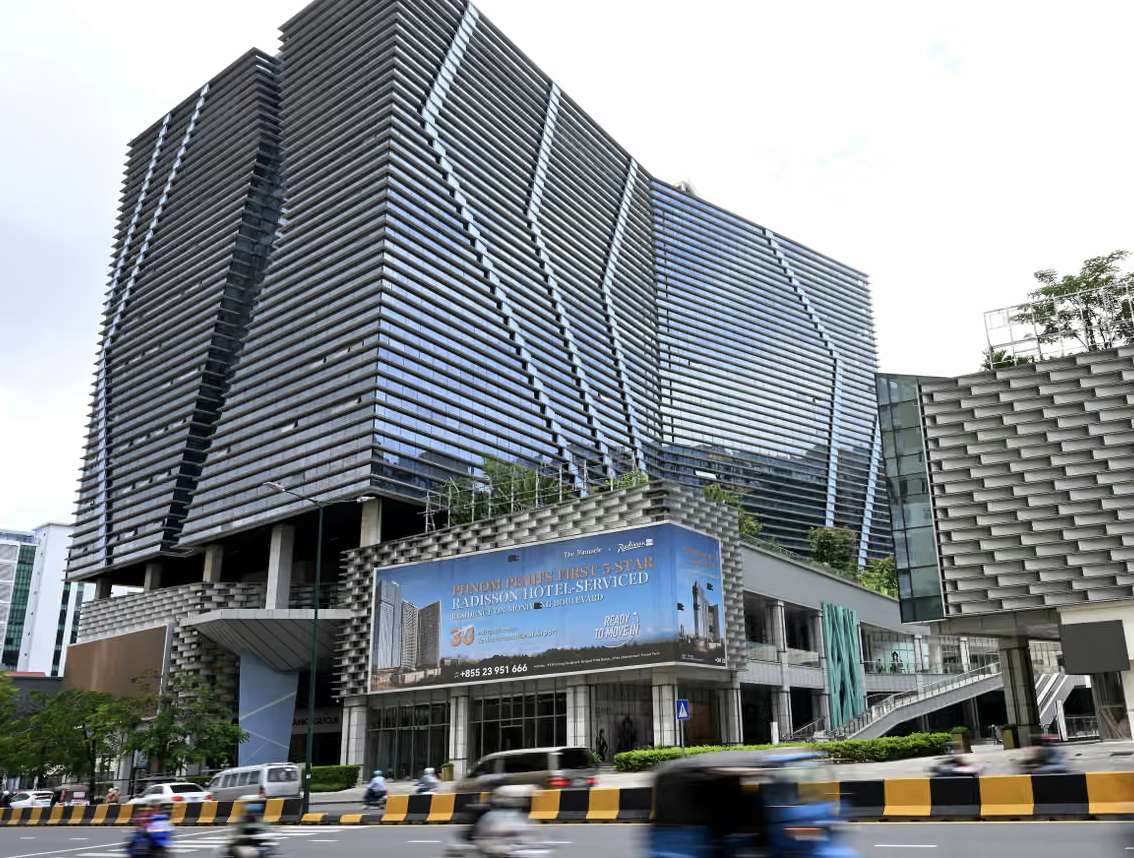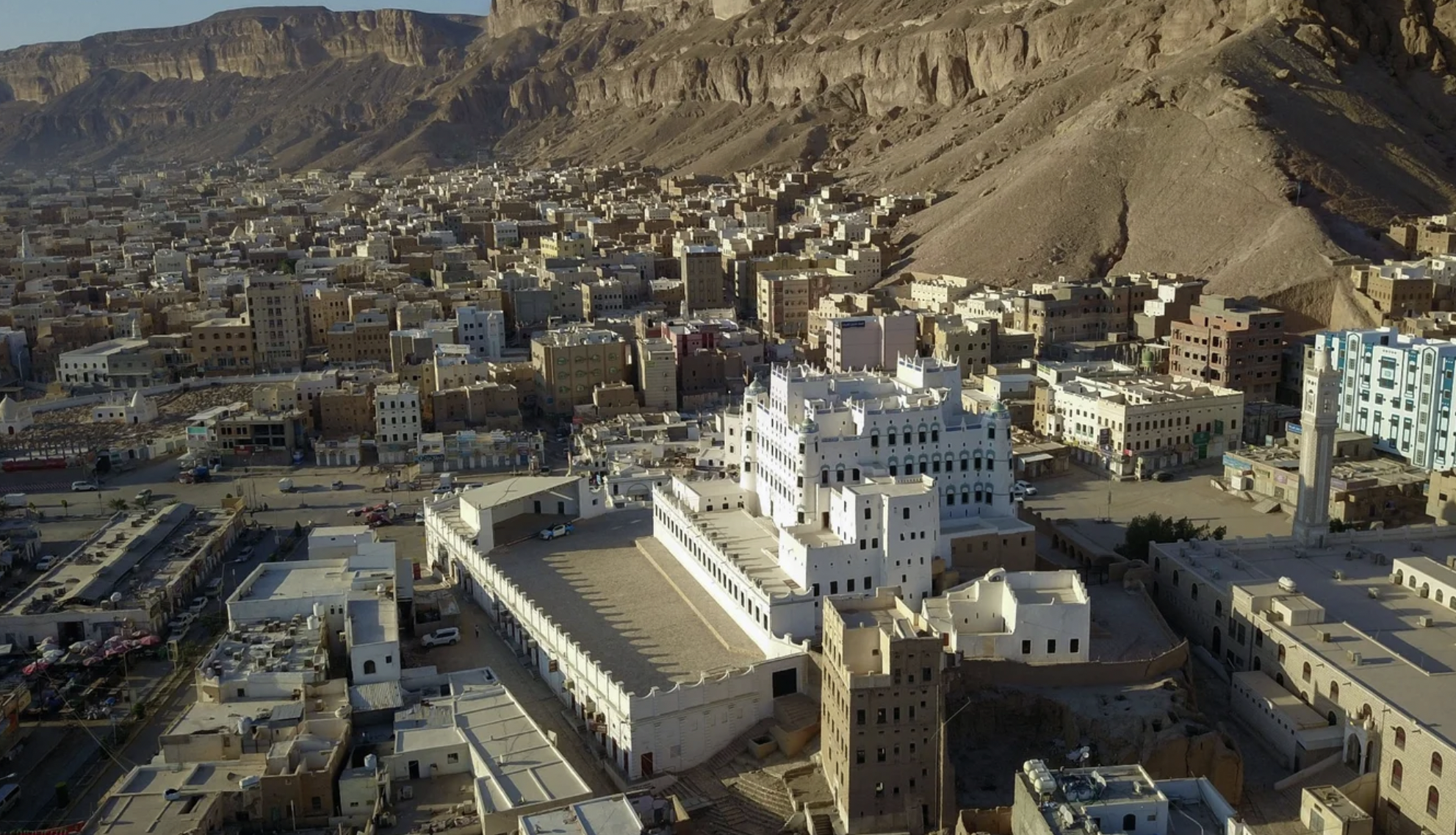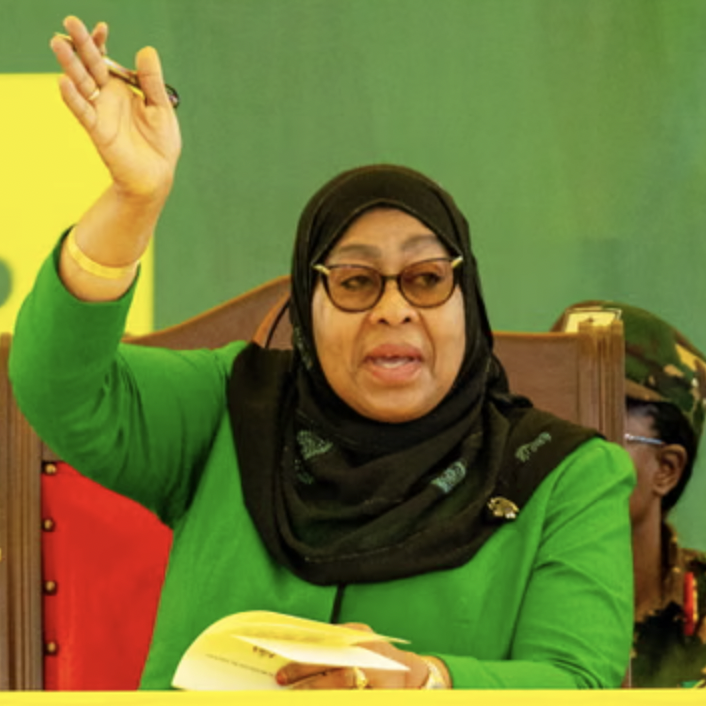Latest News:
Breaking News
Myanmar’s opium economy is expanding even as the war corrodes its productivity. UNODC’s 2025 survey estimates 53,100 hectares under poppy, a 17 percent rise and the highest since 2015, driven by conflict displacement, price signals, and the collapse of licit livelihoods after the 2021 coup. Shan State remains the production core (about 88 percent of cultivated area), but the map is widening: Chin and Kayah show double-digit growth, and Sagaing enters the dataset for the first time, an indicator of how insurgency has migrated into Myanmar’s central dry zone. Average output fell from 22 to 19 kg/ha as airstrikes, drone attacks, and insecurity kept farmers from tending fields, while fertilizer shortages and exhausted soils from replanting without rotation depressed plant health. The result is a decoupling of acreage from tonnage: a big land expansion produced only a one-percent bump in estimated opium (from ~995 to ~1,010 metric tons). This is what an economy of war looks like, more people pushed into illicit cultivation, fewer able to farm efficiently. Regional dynamics have only amplified the trend. Afghanistan’s near-eradication under Taliban enforcement has tightened global opiate supply, lifting price expectations for Southeast Asian heroin and nudging trafficking networks to re-route. Early signals of Southeast Asian product reaching nontraditional markets suggest a pending reconfiguration of supply chains once intermediaries adjust. That, in turn, could harden farmer reliance on poppy unless viable income substitutes actually materialize in conflict zones, something neither junta “stabilization” nor fragmented resistance governance has delivered. Poppy expansion is a barometer of state failure: militias and syndicates tax cultivation, refine with impunity, and recycle profits into violence. Conventional eradication in active war theaters will intensify predation, not reduce output. The only plausible off-ramp is a layered strategy: ceasefire corridors tied to aid-for-access; cash-for-work and inputs for rotational crops in poppy tracts; targeted strikes on laboratories and brokers rather than subsistence plots; and cross-border financial pressure on precursor flows and wholesale buyers. Without credible alternative livelihoods and some insulation from the fighting, Myanmar’s opium economy will continue to grow on paper and underperform in practice, deepening poverty while underwriting the very war that makes licit farming impossible.
Bangladesh’s Gen-Z battles to gain political ground after ousting Hasina
Ukraine Peace Efforts Further Stalled After US-Kremlin Talks Make Little Headway
Pakistan dispatch: two Supreme Court justices resign in protest of 27th Constitutional Amendment
US opens massive $796M consulate in Irbil to strengthen Kurdish ties
Syria’s killing machine
‘Elite capture’: How Pakistan is losing 6 percent of its GDP to corruption
Azerbaijan deletes plan for detailed surveillance system minutes after publication
ISIS Prisons and Camps Are Festering in a Fragile Syria as Aid Peters Out
New X Feature Exposes Who In Iran Is Bypassing State For Unblocked Internet
North Korean elite wear fur coats and luxury brands as poor freeze
School Kidnappings Have Become a Cruel Fact of Life in Nigeria
Chechnya's New Restrictions On Women's Fashion Are About Control, Not Tradition, Critics Say
Tanzania, a Nation Known for Peace, Is Rocked by Deadly Protests
Chinese Spies Are Using LinkedIn to Target U.K. Lawmakers, MI5 Warns
Nigeria intensifies search for 25 abducted schoolgirls
Has China’s Power Peaked in Asia?
Continuing Conflicts
A Turkish-owned products tanker, the Mersin, suffered four external blasts off Dakar on November 27 while carrying roughly 39,000 tonnes of fuel, an incident that, though unattributed, fits the pattern of Ukraine’s campaign against Russia’s opaque “shadow fleet.” Operator Besiktas Shipping reported no casualties, pollution, or loss of control; the ship, flagged to Panama and previously documented on runs to Russian ports, was stabilized and brought under assessment. Kyiv has not claimed responsibility, but in recent weeks it has openly targeted sanctioned tankers with Sea Baby naval drones in the Black Sea, telegraphing a strategy: raise the cost and risk of transporting Russian oil that underwrites Moscow’s war. Legally and politically, the strike lives in a gray zone. The law of armed conflict demands distinction between civilian and military targets; yet energy logistics, like refineries bombed inside Russia or Ukraine’s own grid hit by Moscow, are now treated as strategic nodes. The Mersin itself was not under sanctions, and any Ukrainian claim would be contentious. Still, from Kyiv’s perspective, commerce that repeatedly lifts Russian crude or products finances the war effort and thus becomes a legitimate lever of economic warfare. That logic has already informed attacks on the sanctioned Kairos and Virat en route to Novorossiysk, this time with explicit Ukrainian acknowledgment. Operationally, the risk calculus is steep. Maritime approaches off West Africa are busy, identification is imperfect, and the consequences of a miss, or a hit on a laden tanker, could include mass casualty and environmental disaster. Ukraine’s upgraded Sea Baby systems, with real-time control, thermal sensors, and AI-assisted tracking, are designed to mitigate misidentification and constrain collateral effects, but precision does not eliminate hazard, particularly beyond the Black Sea, where host-state coordination and deconfliction are thinner. The very attributes that make the “shadow fleet” useful to Moscow, flags of convenience, murky ownership, minimal state protection, also make these ships vulnerable to deniable strikes far from Russian waters. Strategically, the incentives are clear. Russia has hardened refineries and port defenses; hitting the transport layer, especially vessels willing to flout price caps and insurance norms, threatens the liquidity of the sanctions-busting trade. If operators, insurers, and ports begin to judge the premiums unacceptable, volumes fall or reroute under tighter scrutiny, squeezing budget revenues that fund the war. The Senegal incident, if ultimately linked to Ukraine, would mark a geographic expansion of that pressure, from the Black Sea and Mediterranean to the Atlantic littoral, without naval escalation from Russia, which disavows the fleet and is unlikely to escort it. The line between effective coercion and strategic overreach, however, is thin. A mishap causing deaths or a spill off West Africa would hand Moscow a propaganda windfall, alienate partners, and invite calls for restraint. For now, the message is calibrated but unmistakable: the logistics of Russia’s war economy are targets, and distance is not protection.
How 2 killings exposed the depths of cartels’ grip in Mexico’s Michoacan state
Sudanese force holding survivors of Darfur siege for ransom, witnesses say
Nokundi Bombing: A Threat to Pakistan’s Economic and Strategic Future
Taliban accuses Pakistan of killing 10 – including nine children – in strikes on Afghanistan
Sudan's RSF paramilitary announces unilateral three-month humanitarian ceasefire
Nigeria school kidnapping: Who’s behind it, why were children targeted?
Taiwan rolls out ‘crisis guide’ as island braces for disasters and China threats
Myanmar state television broadcasts army crackdown on scam centers
Iranian nuclear scientists sell products with parts made in south London
Syria extends Homs curfew as killings threaten to inflame sectarian tension
Congressional committee urges swift action on escalating Chinese threats
Naturalized Kazakhs From Afghanistan Rendered Stateless After Astana Revokes Citizenships
Ten years after Paris atttacks, West Africa has become world's terrorism hotspot
Paradise Lost? Ecuador’s Battle with Organised Crime
Iran accused of seizing Singapore-bound tanker off coast of UAE
Rights group expresses concern over worsening situation of Rohingya refugees
'No turning back': More and more Ukrainian women join the army to fight Russia
Venezuelan military preparing guerrilla response in case of US attack
Families search for bodies in Tanzania after mass political killings
The racist poison driving Sudan’s descent into hell
Europe
Newly obtained archives from Damascus security branches expose how Syria’s military hospitals helped institutionalize detention, torture, and mass death, and how some physicians who certified falsified causes of death now practice in Europe. The cache, including more than 10,000 corpse photographs tied to military-police workflows, shows bodies emaciated, bruised, and neglected, while death certificates routinely recorded “cardiorespiratory arrest.” The images extend well beyond the original “Caesar” trove and trace a bureaucratic conveyor belt from torture sites to hospital intake, paperwork, and mass graves, turning medical infrastructure into an instrument of concealment. The reporting identifies certificates signed by doctors now licensed in EU states, including one practitioner in Germany who certified six unnamed detainees as cardiac arrests on a single day. Former hospital staff describe wards where prisoners were beaten and humiliated under guard, and lawns where trucks dumped corpses “like wood.” Facilities such as Harasta and Tishreen operated with detention floors, while refrigerated lorries ferried bodies to unmarked burials, reducing victims to numbers and families to a permanent state of not-knowing. The implications for Europe are acute. If even a fraction of these signatories are now in Western health systems, regulators face an urgent fitness-to-practice and due-diligence test: cross-matching names, postings, and service records against the archive, preserving due process while prioritizing patient safety. Courts already have a pathway, Germany’s life sentence for Alaa Mousa proved universal jurisdiction can reach into the clinical chain of abuse, but converting this new material into indictments will require careful chain-of-custody work and survivor-centered support. This is not a story of rogue medics alone; it is evidence of a state that laundered violence through paperwork, weaponizing doctors to sanitize homicide. The failure is layered: a regime that fused medicine and repression; an international system that could not stop the conveyor belt even after early warnings; and European vetting regimes that were never built to detect clinicians complicit in atrocity. Justice now hinges on whether regulators and prosecutors can move faster than the old machinery of denial, turning archives into accountability, and numbers back into names.
Bulgarian president demands snap elections after mass protests
Britain vows to ‘wrest control’ of critical mineral supplies from China
Turkey Weighs Opening Armenia Border That’s Shut Since the 90s
Water utility supervisor convicted over mass water poisoning in Kabarda–Balkaria
Tajikistan Denies Talks With Russia To Guard Afghan Border After Attack
Russia’s new state dictionary calls authoritarianism the ‘most effective’ form of government and bans the word ‘ass’
Digital Rights Violations Pose Democratic Risks for Southeast Europe: BIRN Report
OC Media among 22 outlets targeted by Georgian pro-government TV ‘exposé’
Lukashenko Planning Rare Visit to Junta-Ruled Myanmar
Zelensky urged to sack top aide after corruption scandal
Georgians condemn decision to abolish voting abroad
Serbian Police Clash With Protesters While Seizing Hunger Striker’s Bus
Viktor Orbán begins ‘anti-war roadshow’ as Hungary gears up for 2026 elections
Azerbaijani woman appeals after being ‘forced to sign over house’ to official’s daughter
Birth rate worry in Turkey as 50% of families have no children
Targeting the family?: Brother of French anti-drugs activist shot dead in Marseille
The Forever Protectorate
Chechen woman who fled to Georgia reportedly killed after returning home in suspicious circumstances
Magdeburg Christmas market cancelled after car-ramming attack
New investigation reveals how the Putin regime ‘reproduces itself’ through ruling dynasties
‘Human safaris’ in Sarajevo: Milan investigates 1990s trips where tourists allegedly paid to kill civilians
Asia
Thailand has launched one of Southeast Asia’s most sweeping actions against transnational scam networks, seizing assets valued at 10.16 billion baht (about $318 million) and securing 42 arrest warrants that reach into the highest echelons of alleged operators. Authorities said the measures target Chinese-Cambodian tycoon Chen Zhi, chairman of the U.S.-sanctioned Prince Group, along with Cambodian nationals Kok An and Yim Leak, all accused of links to online fraud, human trafficking, and money-laundering structures spanning Thailand, Cambodia, and Myanmar. Deputy commissioner Sophon Saraphat of the Central Investigation Bureau said 29 suspects have already been detained, as agencies moved to freeze a portfolio that includes securities, trading accounts, and real estate. Thailand’s Anti-Money Laundering Office (AMLO) detailed “networks of online fraud, human trafficking and money-laundering” associated with Chen and his associates, while confirming seizures that include Bangchak Corporation shares worth 6 billion baht (~$188 million) tied to accounts linked to Yim Leak. Bangchak said the enforcement actions concern an individual shareholder and that its operations remain stable. The campaign reflects a broader international squeeze. In recent months Hong Kong and Singapore froze or seized assets linked to Prince Group totaling $354 million and $116 million, respectively, following U.S. and U.K. sanctions on entities alleged to run forced-labor scam compounds. In October, the U.S. Department of Justice indicted Chen on wire-fraud and money-laundering conspiracy charges related to the alleged operation of coercive scam centers in Cambodia. Prince Group has categorically denied any unlawful conduct; Chen could not be reached for comment. Thai authorities did not clarify his current whereabouts or whether he is among those named in the new warrants. The enforcement push follows a spate of regional raids, including operations against KK Park in Myanmar’s Myawaddy, an emblem of the “scam-state” economy where trafficking victims are forced to run romance-investment frauds (“pig-butchering”), crypto schemes, and cross-border money-laundering. Thai officials cast the latest action as a bid to strike at the financial architectures that underpin those compounds, which have siphoned billions from victims worldwide while exploiting weak governance in border zones between Thailand, Myanmar, and Cambodia. AMLO also linked Kok An to facilities in Cambodia allegedly used to channel illicit proceeds into Thai assets, underscoring the cross-jurisdictional nature of the trade. The breadth of the seizures—reaching listed equities, brokerage accounts, and property, signals a strategy aimed not only at arrests but at de-risking Thailand’s financial system from flows tied to coerced cybercrime. Whether this marks a decisive break will hinge on sustained coordination with counterparts in Phnom Penh and Naypyidaw, and on the successful prosecution of alleged masterminds who have historically remained beyond the reach of frontline arrests.
Kazakhstan’s Orda.kz Raided, Editor Placed Under House Arrest
Game of Thrones: China’s ruthless diplomacy in Myanmar
Potential for energy crisis in Kyrgyzstan rising
Surge in Myanmar opium poppy farming as conflict pushes farmers into illicit trade
How China is using AI to extend censorship and surveillance
China’s Communist Party wants positive energy only, please
India’s Fraught Push for Digital Decolonization
Shanghai flushes away chamber pots as last homes get indoor plumbing
Indonesia probes exports of radioactive shrimp and shoes
Is Politics Dead in Kyrgyzstan
Japan’s sacred sumo ring is off-limits to women, even its new prime minister
Inside China’s Rare Earth Empire: The Hidden Costs in Myanmar
Meet Nomad TV, the new Russian propaganda channel launching in Kyrgyzstan
After Tajikistan deports hundreds of Afghans, refugee community remains on edge
From bicycles to cash: The rising cost of India's poll promises
Feasibility study for diversion of Siberian river to Central Asia reportedly in works
Africa
Mali’s military rulers have dismantled the very scaffolding that once contained the country’s insurgencies, expelling international partners and substituting political reform with propaganda and mercenaries, and the result is a war edging toward the capital. Over three years, Bamako drove out the UN mission, alienated ECOWAS, and watched France and the United States depart, while jihadist and separatist forces expanded freedom of action, severed roads, and squeezed fuel lifelines to the city. The army that seized power as a corrective now struggles to fight; its most reliable auxiliaries are Russian contractors financed by depleted coffers and coercive levies on the mining sector. The regime’s alibi, Western “neocolonial” failure, obscures a more proximate truth: successive Malian governments refused the political work that every outside mandate presupposed. UN Security Council Resolution 2100 and the Algiers Agreement envisioned reunification through inclusive dialogue, decentralization, and credible state authority beyond the Bambara heartland. Instead, Bamako subcontracted security to foreigners while narrowing its domestic coalition, targeting perceived dissidents, and treating gold revenues as spoils. By giving Mali time, space, and resources to make peace, external actors also, paradoxically, enabled Bamako to decline it. The information war proved easier than the real one. With Russian disinformation as accelerant, the junta recast peacekeeping as occupation and ECOWAS conditionality as foreign diktat, even as it abandoned outreach to Tuareg parties and dismissed serious talks with jihadists. Western capitals, wary of precipitating a humanitarian disaster, slid into a sunk-cost posture: staying long after battlefield stabilization, even as political benchmarks calcified into fictions. When Bamako finally forced a rupture, there was no appetite, nor consensus, for reintervention. Mali now lives with the wager its rulers made: that unrestrained force, unconcerned with law or legitimacy, would substitute for political settlement. As insurgents tighten the cordon around Bamako, the costs of that bet are becoming unambiguous. The international environment has shifted; the gratis coalition of 2013 is gone, and regional blocs have limited leverage. The question, no longer theoretical, is who, if anyone, will pick up the pieces when a junta that blamed outsiders for failure confronts the consequences of its own design.
Was Guinea-Bissau’s Coup a Sham?
Algerian court upholds seven-year prison sentence for French journalis
Daughter of ex-South African leader Zuma is accused of luring men to fight in Russia-Ukraine war
Nigeria faces record hunger amid insurgent attacks, aid cuts
Tunisians convicted of aiding migrants but will go free
Cameroon opposition leader flees to Gambia for ‘safety’ after disputed vote
UK rejects Nigerian request to deport former politican jailed for organ trafficking
Inside a Ghanaian prison, where inmates are crammed together and close contact spreads skin diseases: ‘Everything hurts; you can’t move all night’
Tanzania’s descent into repression is a stark warning of how fast Africa’s progress can be eroded
Ethiopia confirms outbreak of deadly Marburg virus
Kenyan Workers Get Abused Abroad. The President’s Family and Allies Profit.
Mali's junta suspends French TV channels over alleged false reports
Rights groups decry Tunisia’s ‘injustice’, crackdown on activists
State-sanctioned fuel smuggling cost Libya $20bn over three years – report
‘Worryingly’ few civilians from Sudan's el-Fasher making it to Chad, says aid chief
Thousands of Malians flee to Mauritania amid fuel blockade
Middle East
The UAE-backed Southern Transitional Council (STC) has seized Seiyun, one of Hadhramaut’s largest cities, opening a new front in Yemen and risking a direct clash with Saudi-aligned tribal forces in a province that holds roughly 80% of the country’s modest oil reserves. Under the banner of “The Promising Future,” STC-aligned Hadrami Elite Forces advanced on the city, with fighting reported at the presidential palace and Seiyun airport; at least three people were killed. PetroMasila, Yemen’s largest oil company, suspended output after armed men linked to the Hadramout Tribes Alliance entered company facilities, underscoring the immediate economic stakes. This push is more than a tactical gain. It accelerates the fragmentation of the anti-Houthi camp and lays bare the competing security architectures Riyadh and Abu Dhabi have built since 2015. The STC casts the First Military District and allied units as Muslim Brotherhood-linked spoilers; the Tribal Alliance, led by Sheikh Amr bin Habrish, rejects southern secession and warns that “foreign or non-local” forces will be met with arms. The result is a confrontation between two nominal partners of the Presidential Leadership Council that now field rival patrons, distinct chains of command, and incompatible political end-states. Materially, the campaign appears enabled by Emirati support. Imagery circulating in recent days shows STC units operating UAE-made armored vehicles and Chinese AH-4 155mm howitzers, systems the Emiratis have reportedly transferred in other theaters. If sustained, such logistics will allow the STC to project force across Hadhramaut’s oil plateau, seek to cut Saudi supply lines, and contest desert arteries linking the province to the Kingdom. For Riyadh, which has tried to ring-fence its own border and coax a negotiated end to the war, an STC advance into Hadhramaut risks a proxy confrontation that neither side publicly seeks but both are preparing to fight. The strategic incentives are plain. Control of Seiyun and adjoining districts offers leverage over hydrocarbons, customs, and airfields, revenue and terrain that buttress any bid for southern statehood. Yet the hazards are equally clear: oil disruptions, retaliatory tribal mobilization, and a security vacuum that armed extremists can exploit. Unless checked by swift political de-confliction, ideally brokered by the very capitals backing the antagonists, this offensive will harden lines of control, drain capacity from the anti-Houthi front, and deepen Yemen’s partition in fact if not in law.
Russian embassy warns tourists to avoid photography in Iran
Yemen’s Houthis release mariners held since July ship attack
Iran boosts gas exports to Turkey despite deepening domestic shortages
Saudi Arabia to open new alcohol stores despite ban, sources say
Taps are running dry in Iran. Decades of bad decisions are to blame.
Hundreds attend funeral of Hezbollah top commander killed in Israeli strike
Syria: Tensions flare in Homs after killing of Bedouin couple sparks sectarian unrest
Iranian MP says Russia may be willing to give Tehran nuclear weapons
Syria opens first public trial over deadly clashes in coastal region
Riyadh Metro construction rife with migrant labour abuses, says Amnesty
Freed British-Egyptian activist Alaa Abd el-Fattah barred from flying to the UK
Hamas reasserts control in Gaza as post-war talks grind on
Iran's Water Crisis Nears Point Of No Return
Americas
Venezuela’s president, Nicolás Maduro, has moved to harden his personal defenses and centralize control as Washington’s threats of military action intensify. According to people familiar with internal deliberations, Mr. Maduro has rotated sleeping quarters, changed phones, and expanded the role of Cuban security and counterintelligence within his immediate detail and across sensitive military nodes, precautions meant to blunt a precision strike or special-operations raid while discouraging internal betrayal. Publicly, the choreography is different. Mr. Maduro has favored surprise appearances, prerecorded broadcasts, and buoyant rallies over scheduled events, cultivating an image of ease even as U.S. warships patrol regional waters and maritime interdictions increase. The contrast, tightened security behind the scenes, theatrical nonchalance onstage, reflects a presidency practiced in crisis management and message control after more than a decade of rolling political and economic shocks. The standoff with Washington arrives after back-channel contacts failed to yield a negotiated exit. Earlier discussions reportedly explored constitutional mechanisms, including a recall vote later in the decade, that could have structured a transition while preserving Mr. Maduro’s leverage. Those talks faltered, and the Trump administration has since escalated pressure, casting Venezuela’s leadership as complicit in “narcoterrorism” and tying interdiction strikes at sea to regime conduct. Caracas, for its part, has responded by tightening internal discipline, amplifying a narrative of sovereignty under threat, and leaning more heavily on Havana. Mr. Maduro’s survival strategy has long combined coercion, patronage, and institutional engineering. He consolidated control over chavismo’s factions, repressed dissent, and relied on the security services to deter mass mobilization, even as he introduced selective market adjustments to stabilize a collapsed economy. The armed forces, granted stewardship over lucrative sectors from mining to logistics, have been bound to the presidency by a blend of enrichment and impunity, even as corruption allegations multiplied. The political cost has been severe. Independent media have been dismantled, civil society constrained, and prominent opponents barred from office. Most consequentially, Mr. Maduro ignored an electoral defeat last year, eviscerating residual claims to democratic legitimacy. The resulting gap, power retained, consent withdrawn, now shapes every strategic choice: concessions risk unraveling control, while escalation deepens isolation without resolving the underlying crisis of acceptance. Cuba’s enlarged footprint within the presidential security architecture underscores that dilemma. It may reduce immediate coup risk and enhance counterintelligence, yet it also signals reliance on external guardians at a moment when domestic authority is contested. The optics, Cuban officers embedded at critical nodes, Venezuelan counterintelligence recalibrated for loyalty checks, will harden external perceptions of a securitized state and complicate any path back to institutional normalization. For now, Caracas is betting on endurance. By projecting calm, tightening the inner ring, and exploiting divisions among opponents at home and abroad, Mr. Maduro seeks to outlast the latest surge of pressure as he has previous rounds. Whether that bet holds will depend less on stagecraft than on fundamentals he has yet to repair: an economy still brittle, institutions hollowed, and a citizenry that, by his own former allies’ admission, has withdrawn its consent.
Cuba blames online news site ‘elTOQUE’ for the country’s economic chaos
Massive power outage hits Cuba’s western region after transmission line fails
The killing of child soldiers: The dilemma facing Gustavo Petro’s government
Pirates of the Caribbean strike in their old Bahamas ‘kingdom’. Where was the Navy?
Protesters Rage Against Mexico’s Government Over Corruption and Violence
U.S. Marines in Haiti exchange gunfire with suspected gang members
As crime surges, Ecuador to vote on return of foreign military bases
Exclusive: Russia Is Upgrading Nicaragua’s Military Bases, Paying the Full Bill
Venezuela’s leadership remains silent about US military escalation in the region
Exiled Latin American journalists to speak on repression, resistance and resilience
How China Reached Into New York to Stop a Tiny Film Festival
Canadian woman pleads for release of Baha'i kin detained in Iran
Milei Wants to Turn Argentina Into a Mining Powerhouse
Hitmen terrorize drivers, shopkeepers, and artists in Peru
Claudia Sheinbaum harassment incident highlights violence against women in Mexico
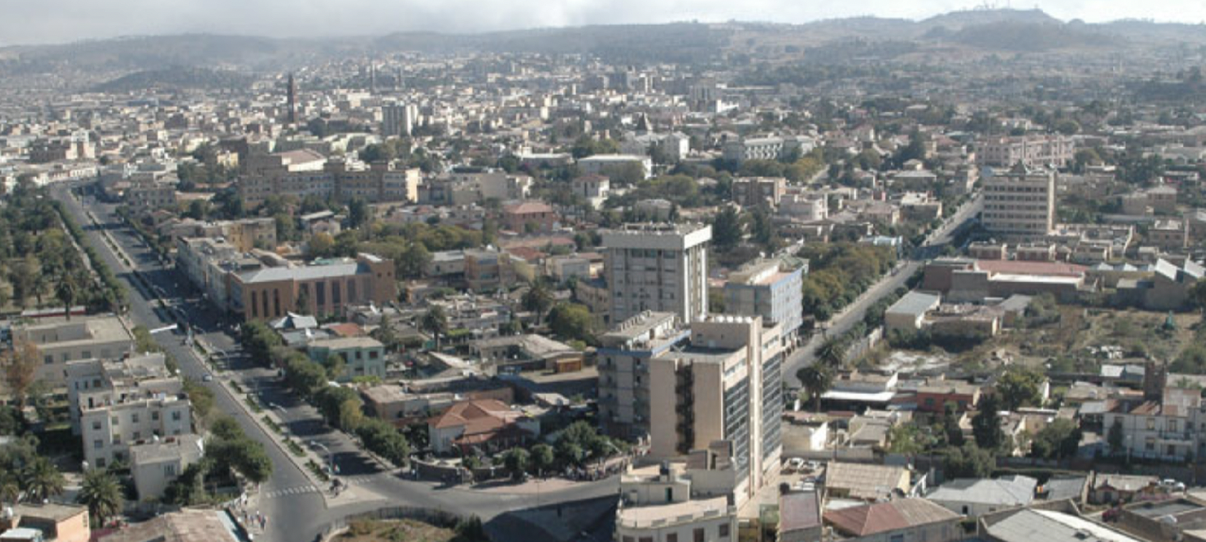
Despot of the Week
President Samia Suluhu Hassan
Accreditation:
Tanzania doesn't have an election but a crackdown disguised as democracy
Election protests erupt in Tanzania with opposition leaders jailed, disqualified
Tanzania election: Erosion of democracy will also come at the cost of economic potential
Recent Achievements:
The disappearances haunting Tanzania's election
Tanzania Opposition Leader Placed in Isolation Before Election
Maduro bolsters troop presence in Venezuela amid rising U.S. military pressure
Tanzania — from leader of Frontline States to a net exporter of authoritarianism


